Tunis Village
The small village of Tunis (‘izbat Tunis) is located in the oasis of Fayoum on the way to Wadi Rayan; discover authentic desert adventure on a hill facing the large Qaroun lake. The village overlooks a stunning view of the edge of the desert on the other side of the lake. It is one of the most beautiful places in Egypt.
In the 1980s Evelyne Porret, a potter from Switzerland, moved here with her husband Michel Pastore and built a house and pottery studio. She was the first potter in the village and she trained many of the local children in the craft of pottery. Several of her students ended up creating their own pottery studio.
Over the last thirty years artists, painters, writers, journalists and others from Cairo and elsewhere have built mud-brick houses in the village; as well as an Art Center which all contribute to Tunis’ lively artistic feel. Today the village includes a School and more than ten Pottery Studios
Tunis village has a few well designed eco-lodges and it is the base for many tours and explorations around Fayoum.
Fayoum Art Center: is a Non Profit Organization founded by Egyptian artist Mohamed Abla in 2006. It was inspired by the International Summer Academy in Salzburg where Abla taught for several years. Fayoum Art Center is dedicated to connecting artists locally, regionally and internationally through the creation of art. It does so by providing several large studio spaces, an art library, living areas and a communal dining room which fosters collaboration between its participants. The center is also home to the first Caricature Museum in the Middle East, which holds a vast collection of caricatures by artists such as Saroukhan, George El Bahgoury and Ahmed Toughan. The museum has informative panels that describe the exhibits.
Tunis Village is home to the annual Pottery Festival which takes place every Autumn. It brings together gifted artists-potters from Tunis, Cairo and other parts of Egypt, traditional artisans from rural villages, as well as creative potters from other countries. The Festival offers participants a unique opportunity to explore the importance and value of different forms of pottery, learn from peers in a cross-cultural environment, create and experiment together, and discuss the challenges and opportunities facing Egyptian potters and pottery today.

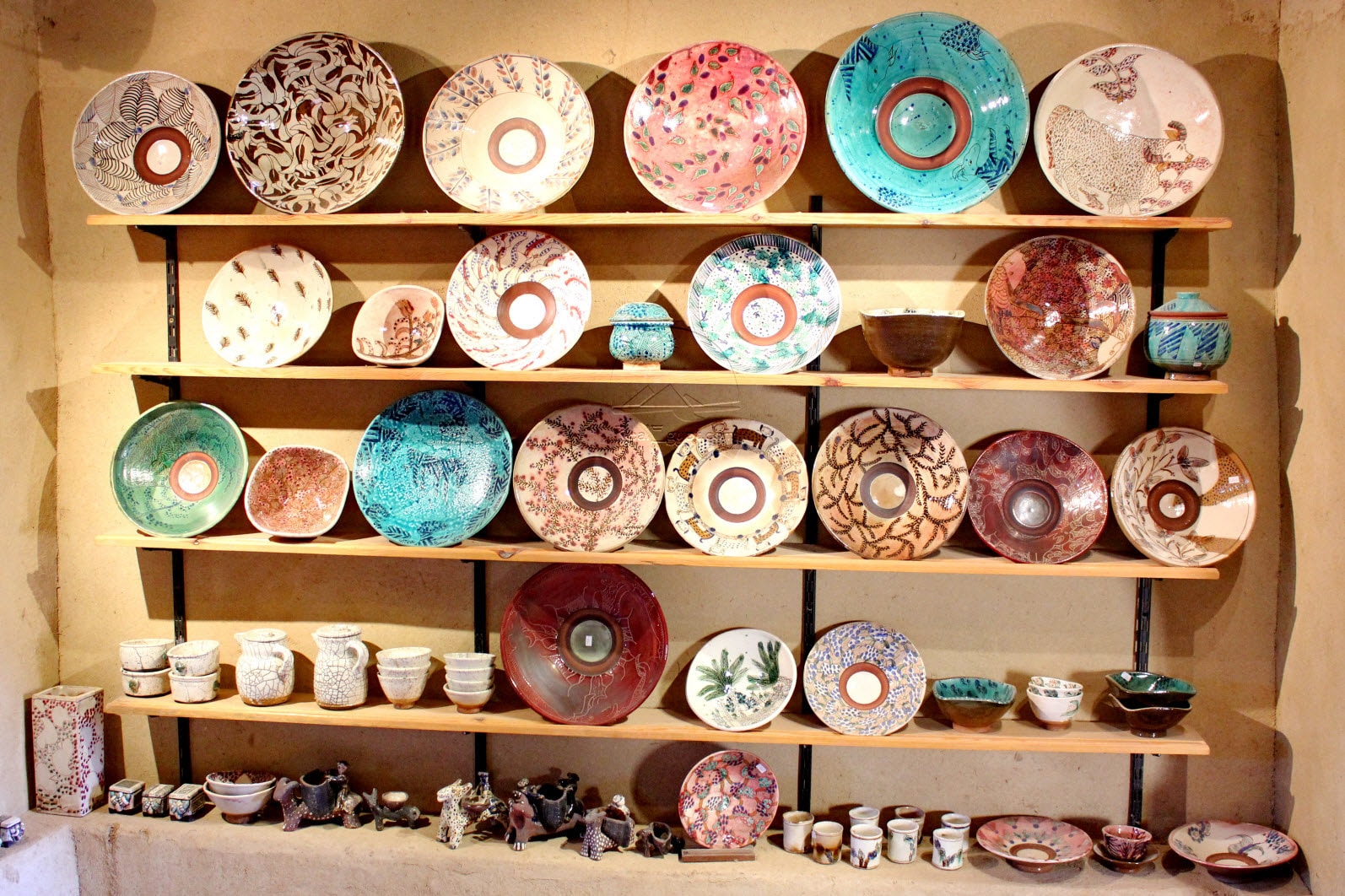
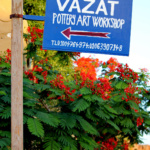
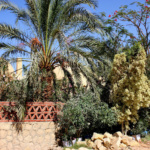
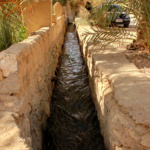
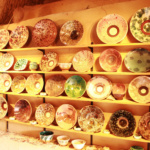
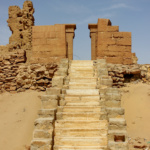
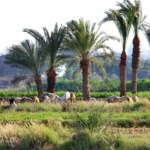
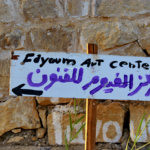

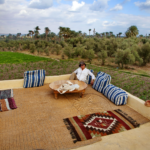
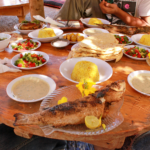
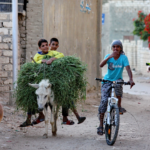
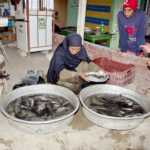
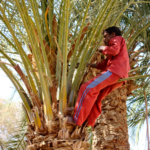
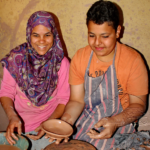
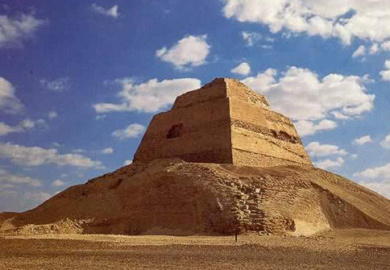
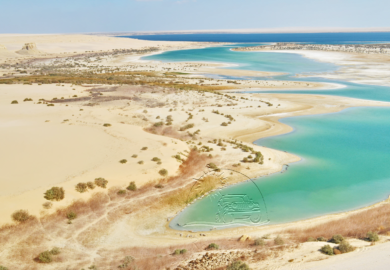

9 Comments